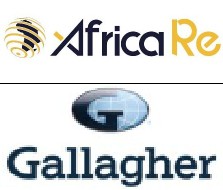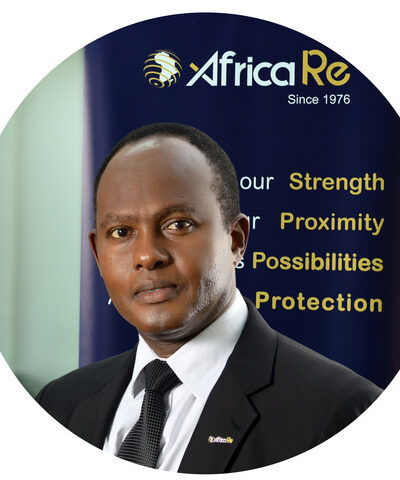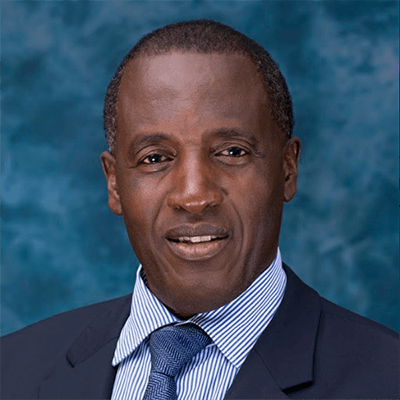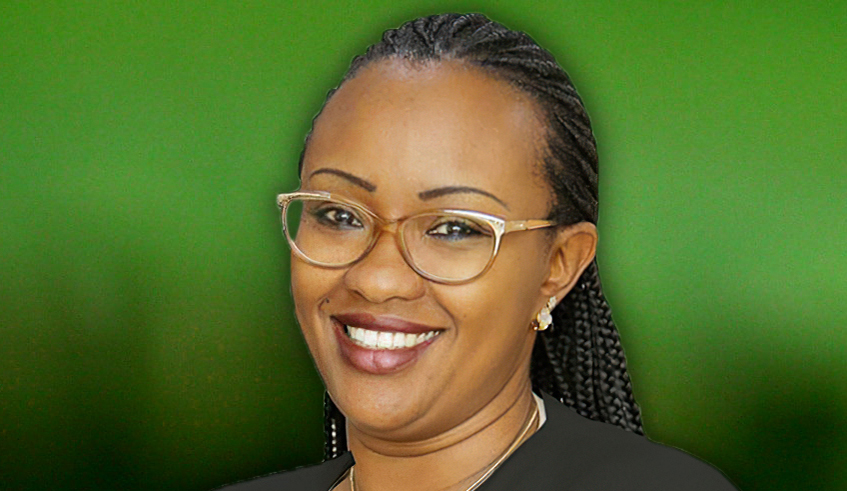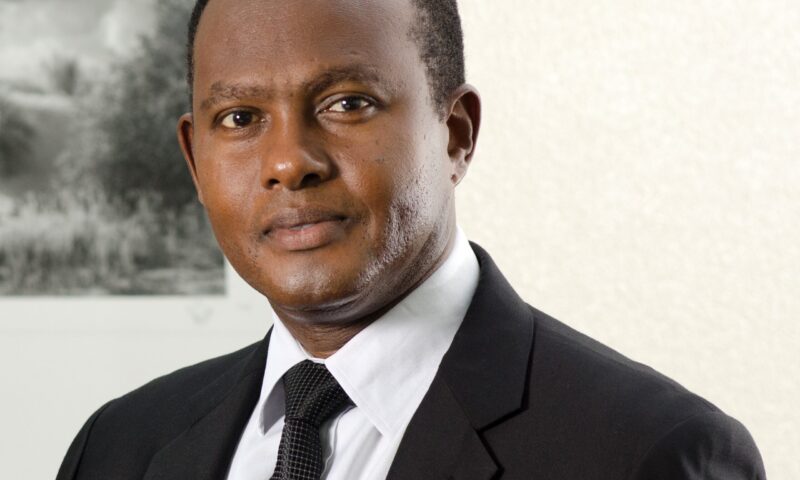All Posts in "Africa Re"
Africa Re, Gallagher Re team-up to protect countries against climate, crisis, disaster
By Favour Nnabugwu
Africa Reinsurance Corporation, Africa Re and the leading pan-African reinsurance company, Gallagher Re, the global reinsurance broking and advisory firm are joining forces to strengthen the financial resilience of African countries against a broad range of climate, crisis and disaster risks.
Named “Accelerating action through scalable risk transfer schemes”, the initiative is offering a robust, replicable, and modular framework to address a wide range of threats and to protect both assets and liabilities. Consisting of a comprehensive toolkit of innovative analytics, regulatory and policy advice, and financial optimisation services, it brings together public and private sectors to deliver customised, at-scale financial resilience solutions across Africa.
The support is highly customised to countries’ needs and priorities. It will focus on existing resources and domestic capacity, complemented where most relevant with third-party capital. Solutions developed would include risk transfer solutions to financing emergency response costs in the aftermath of a crisis, national insurance schemes for agriculture and crop, as well as weather derivatives and parametric products for public infrastructure, energy or tourism sectors.
Regional drought conditions and the global political environment (Africa is heavily relying on wheat imports from Russia and Ukraine) require prompt action and at-scale implementation plans. In this context, the partnership between Africa Re and Gallagher Re’s Public Sector & Climate Resilience Solutions global practice is an important stepping-stone towards sustainable economic growth and better-protected livelihoods on the continent.
These plans will be presented during a high-level event on 26 July 2022 in Cairo, Egypt, on the side of Africa Re’s General Assembly. Titled ‘Private-Public Catastrophe Risk Transfer Schemes: Bringing Resilience to Scale’, the conference will bring together Africa Re’s shareholders from 42 African member states and financial institutions, to explore and discuss the countries’ priorities and implementation options.
Dr Corneille Karekezi, Group MD & CEO of Africa Re, said, “Africa is already bearing the brunt of climate change – and the threat of global, interconnected shocks further jeopardises hard-won development gains and livelihoods on the continent. In line with our 2022-2025 strategy, this ambitious initiative aims to leverage private-sector and government expertise and capabilities for improved resilience and financial protection. It will also contribute to re-positioning Africa Re as the risk transformer of the African continent’s systemic risks.”
Mr Antoine Bavandi, global head of Public Sector, Parametric & Climate Resilience Solutions at Gallagher Re, added, “We will be putting to work our expertise in various domains to come up with the most practical and cost-efficient solutions to various risks, exposures, and country contexts. We look forward to laying out together the various building blocks of societal and financial resilience against drought, food insecurity and emerging risks in Africa with a deep sense of urgency.”
Ms Natalie Van de Coolwijk, regional director, Middle East & Africa at Gallagher Re, said, “ It is important that this project is designed and driven by Africans for Africans, hence why Africa Re is central to its success. They not only have a vested social interest, but also a fundamental understanding of the challenges facing the continent and its citizens.”
Africa Re, Allianz, Cybercube to hold Webinar on cyber risks May 25
By Favour Nnabugwu
Africa Reinsurance Corporate, Africa Re, in partnership with Allianz and CyberCube will hold a webinar on cyber risks on 25 May 2022.
The topic was selected mainly due to the aggravation of cyber attacks and other digital threats in the world, particularly in Africa.
The webinar aims to provide participants with training on the various aspects of cyber insurance: risk assessment, pricing, claim formulation and processing.
To register, interested parties can visit the following link: https://africa-re.zoom.us/meeting/register/tZwtfu2rqjopHtOnsxkByJcWPZiodz1AlUL
Africa Re, ATI can explore underwriting AECOP – AKI boss, Gichuhi
Africa Re, Nem Insurance, Tunis Re among major sponsors of AIO 25th Reinsurance Forum
By Favour Nnabugwu
The 25th African Reinsurance Forum of the Insurance Organisation, AIO will explore emerging distribution channels that will create further opportunities to serve local African economies in light of AfCFTA..
The theme of this year forum, “Insurance Integration in the context of the African Continental Free Trade Area (AfCFTA).
The Forum will be held from 27th November to 01st December 2021 at the Kigali Convention Centre, Rwanda.
Major sponsors of the forum include Africa Reinsurance Corporation, NEM Insurance Lc and Tunis Re, among other sponsors of the event
Annie Nibishaka, Chairperson, Organising Committee said Rwander Insurers Association economies continue to evolve, and competition in the insurance industry intensifies, we need to be on the lookout for opportunities to make insurance relevant within these emerging and new business models.
“The outbreak of the COVID Pandemic in 2019 has disrupted “business as usual”, complicated international logistics but could also be an opportunity some would say”.
Nibishaka who doubles as the Managing Director of UAP Insurance Rwanda explained that the event is happening during very challenging times of the COVID Pandemic but I am glad to inform you that Kigali and indeed Rwanda is making tremendous progress in the fight against this scourge.
According to her, “This forum is a vehicle through which insurance executives explore and discuss topical issues of the day and find solutions to the challenges we are facing as an industry. The theme of this year’s Forum aptly named”
Africa Re, IFC sign deal to encourage smaholder farmers get insurance
By Favour Nnabugwu
Insurance companies in Africa sre encouraging smallholder farmers to access insurance at affordable terms while underwriters develop new products that will will help advance agriculture insurance in the country.
The culminated into a deal between Africa Reinsurance Corporation (Africa Re) and the International Finance Corporation (IFC), a member of the World Bank Group.
Africa Re and IFC agreement will help facilitate the development of agriculture insurance market space in Nigeria.
Deputy Managing Director/Chief Operating Officer, Africa Re, Mr. Ken Aghoghovbia, “This initiative would certainly go a long way in moving Nigeria towards its goal of food security in line with Africa-Re’s mission to support African economic development.”
Aghoghovbia, expressed satisfaction with the partnership as it will go a long way in assisting Nigerian insurers to develop appropriate insurance products for smallholder farmers and help move Nigeria towards its goal of achieving food security.
These index insurance products will help protect farmers against environmental risks such as drought, floods, erratic rainfall and other natural hazards..
They believed that the African agriculture insurance market has encountered several challenges that have resulted in the very low penetration levels of this class over the years, but the products became riddled with high costs of administration and the inherent fraud risks made it difficult for underwriters to implement.
Africa Re records $583.68m in Q3 2020
The African Reinsurance Corporation (Africa Re) posted a premium income of US$583.68 million at the end of the third quarter of 2020, a decline of 5.41 percent.
The decline was largely driven by the weakening of some of the major underlying currencies (Nigeria Naira and South Africa Rand) as well as declines occasioned by deliberate portfolio actions to improve underwriting performance.
Technical expense ratios recorded some significant improvements with the Loss Ratio improving by 424 basis points to stand at 62.33 percent from 66.57 percent reported in the previous year. The actions taken on the underwriting portfolio, though negative on premium income, had a positive impact technical expense ratios.
Overall, the net underwriting profit at September 2020 recorded significant improvements to stand at US$12.52 million, up from an underwriting loss of US$11.13 million during the same period in 2019.
The Covid-19 pandemic induced global downturn in the financial markets affected the Corporation firstly by the interest rate cuts and secondly by the significant fall in all equity market indices. Hence, Investment income at the end of the third quarter of 2020 stood at US$33.95million, down from US$47.56million in the corresponding period in September 2019.
The Net profit at the end of the reporting period was US$41.77 million, outperforming previous year result of US$33.65 million by 24.13 percent
The Group MD/CEO of Africa Re, Dr. Corneille KAREKEZI, in his remarks on the performance noted that: “The very good performance recorded in the 9 months is the result of swift implementation of the existing robust business continuity plan, cumulative Management actions taken on the underwriting portfolio, as well as very balanced approach to investment management. These three blunted the impact of the Covid-19 pandemic. We are optimistic of sustaining the tempo till the end of the year barring any unforeseen major losses”.


